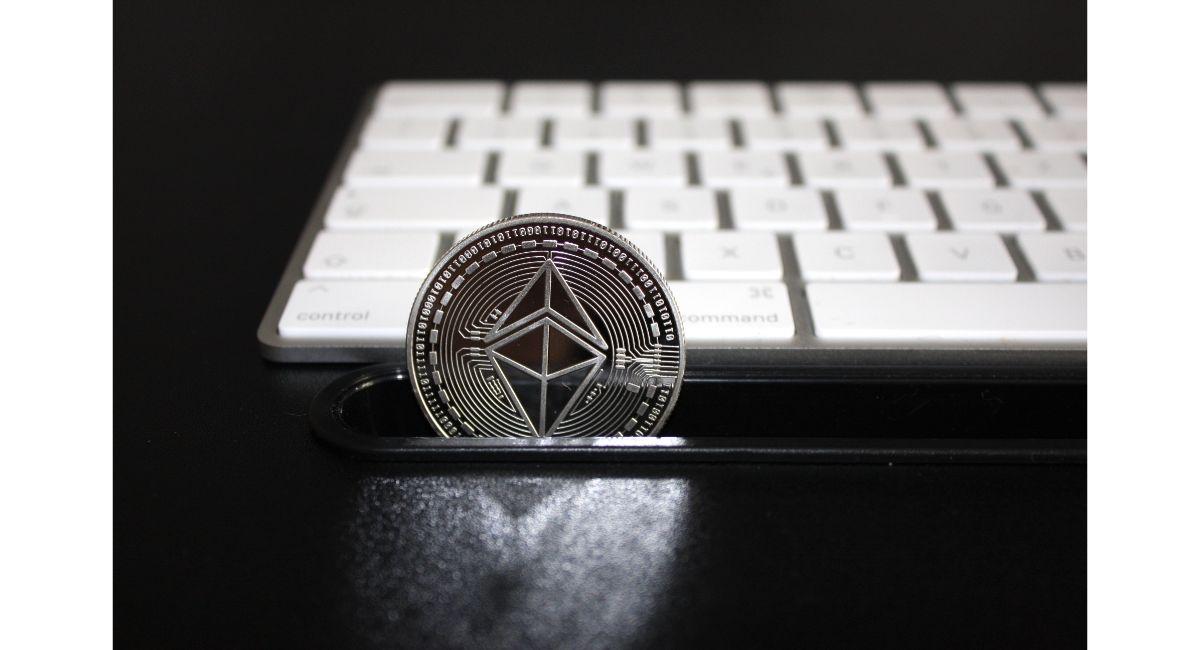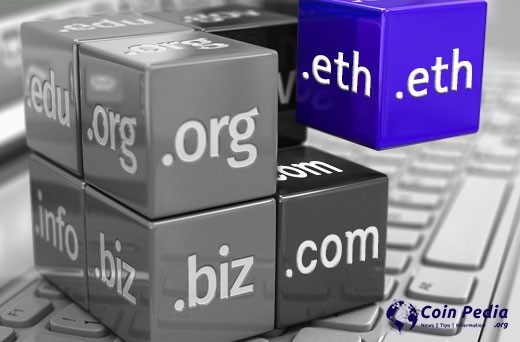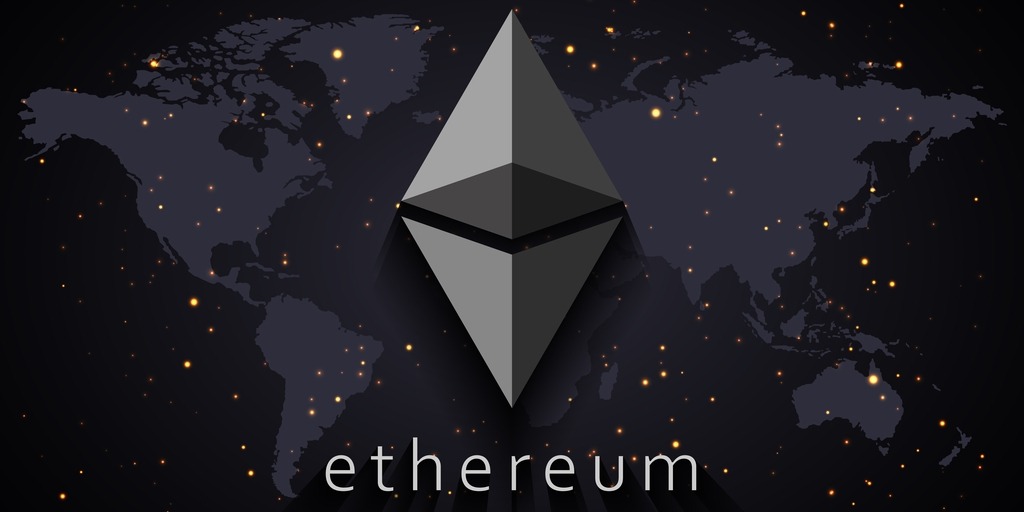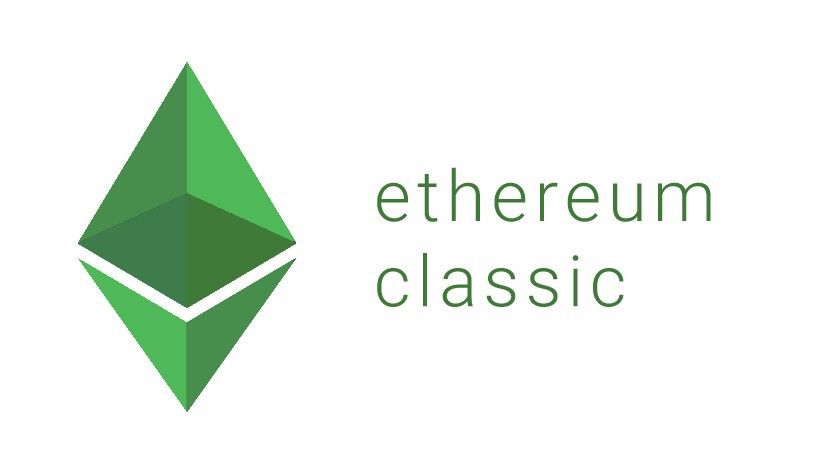How to Become an Ethereum Expert: The Best Guide to Master Ethereum Blockchain Technology in 2024
Ethereum has revolutionized the world of blockchain technology since its launch in 2015. More than just a cryptocurrency, it serves as a decentralized platform that enables developers to build decentralized applications (dApps) and smart contracts, laying the foundation for innovations in industries ranging from finance to gaming. Given the growing demand for blockchain skills and Ethereum’s dominant position, becoming an Ethereum expert is a career path that promises both relevance and long-term growth. But how do you go from a blockchain novice to an Ethereum expert?
This article provides a step-by-step guide to help you become a Ethereum expert, covering essential areas such as blockchain fundamentals, Ethereum’s architecture, smart contract development, and advanced skills like decentralized finance (DeFi) and token creation.
Understanding Ethereum: The Basics
Before diving deep into Ethereum, it’s essential to grasp the basics of blockchain technology. At its core, blockchain is a decentralized ledger system that records transactions in a secure, immutable way. It allows multiple parties to share information transparently without relying on a central authority.
Ethereum extends the functionality of blockchain beyond just being a ledger for cryptocurrency transactions. It introduced the concept of “smart contracts,” which are self-executing contracts with terms encoded directly into lines of code. These smart contracts allow for the creation of decentralized applications (dApps) that can automate complex processes without the need for intermediaries. The Ethereum platform uses its cryptocurrency, Ether (ETH), to power transactions and incentivize miners and developers.
Understanding these fundamental concepts is crucial before moving forward. Resources such as books, articles, and online courses on blockchain and cryptocurrency basics will help lay a strong foundation.
Why Become an Ethereum Expert?
The adoption of Ethereum is growing at an exponential rate, and the demand for Ethereum developers and blockchain experts is skyrocketing. There are several reasons why pursuing expertise in Ethereum is a valuable endeavor:
- Career Opportunities: As more industries explore blockchain technology, companies are hiring Ethereum developers and experts to build decentralized applications, manage smart contracts, and create innovative solutions.
- Increased Demand for Decentralization: From finance to supply chain management, Ethereum is at the forefront of decentralization, making it a key technology for the future.
- DeFi and NFTs: Ethereum has become the backbone of decentralized finance (DeFi) platforms and non-fungible tokens (NFTs), two sectors that are booming in popularity and show no signs of slowing down.
- High Salary Potential: According to recent reports, blockchain developers are among the highest-paid professionals in the tech industry, with Ethereum developers being in especially high demand.
Step-by-Step Guide to Becoming an Ethereum Expert
Learn the Fundamentals of Blockchain Technology
Before specializing in Ethereum, it’s essential to understand blockchain technology. Blockchain is the underlying technology that powers Ethereum, and without a thorough understanding of how it works, mastering Ethereum will be a challenging task.
Start by learning about:
- Decentralization: Understand how a decentralized system operates compared to centralized models.
- Consensus Mechanisms: Familiarize yourself with Proof of Work (PoW) and Proof of Stake (PoS), the two main consensus mechanisms Ethereum has utilized.
- Cryptography: Grasp the basics of cryptography, including public and private keys, hash functions, and digital signatures.
- Mining and Validators: Learn about the roles of miners and validators in securing a blockchain.
Numerous free and paid resources can help you learn these concepts, including MOOCs (Massive Open Online Courses), blogs, and videos.
Master Ethereum Fundamentals
Once you’re familiar with blockchain basics, it’s time to dive into the specifics of Ethereum. Understanding Ethereum’s unique features and architecture will be key to becoming an expert.
- Ethereum Virtual Machine (EVM): The EVM is the decentralized computer that executes all the smart contracts on the Ethereum network. Learning how it works is fundamental to building and interacting with Ethereum.
- Ether (ETH): Get familiar with Ethereum’s native cryptocurrency, Ether. It’s used to pay transaction fees and incentivize miners.
- Gas Fees: Learn how gas fees work on Ethereum, as they play a critical role in the execution of smart contracts and transactions.
- Ethereum 2.0: Ethereum’s transition from Proof of Work to Proof of Stake is one of the most significant changes in the network’s history. This upgrade aims to make the Ethereum network more scalable, secure, and energy-efficient.
In addition to theoretical knowledge, setting up an Ethereum wallet and participating in transactions on the network can give you practical experience.
Learn Smart Contracts and Solidity
At the heart of Ethereum’s functionality are smart contracts, which are self-executing contracts with predefined conditions written into code. To become proficient in Ethereum, you need to learn how to write and deploy smart contracts.
- Solidity: Solidity is the programming language used to write smart contracts on Ethereum. It’s a statically-typed language inspired by JavaScript, Python, and C++. Mastering Solidity is essential for anyone aspiring to be an Ethereum expert.
Start by learning the basic syntax and concepts such as:
- Functions
- Variables and data types
- Control structures (if-else, loops)
- Inheritance and interfaces
Once you’re comfortable with Solidity, move on to more complex topics such as:
- Contract deployment and lifecycle
- Security practices (e.g., preventing reentrancy attacks, using safe math libraries)
- Gas optimization
Online tutorials, Solidity documentation, and practice platforms like Remix and Hardhat will help you hone your skills.
- Smart Contract Audits: Security is a top priority in smart contract development. Learn how to audit smart contracts for vulnerabilities, ensuring your code is secure and efficient.
Deep Dive into Decentralized Finance (DeFi)
Decentralized Finance, or DeFi, is one of Ethereum’s most impactful innovations. DeFi refers to financial services that operate on a decentralized network using smart contracts, without the need for traditional intermediaries like banks. Becoming proficient in DeFi protocols and services is a key step in becoming an Ethereum expert.
Some key DeFi concepts to understand include:
- Liquidity Pools: How users can provide liquidity and earn rewards on decentralized exchanges (DEXs) like Uniswap.
- Lending and Borrowing: Understand how platforms like Aave and Compound offer decentralized lending and borrowing.
- Yield Farming and Staking: Learn how users earn returns by staking tokens or participating in liquidity mining.
- Stablecoins: Get familiar with the role of stablecoins like DAI in the DeFi ecosystem.
Experimenting with DeFi platforms will give you hands-on experience with Ethereum’s decentralized financial products.
Explore NFTs and Token Standards
Another exciting aspect of Ethereum is its support for non-fungible tokens (NFTs). These are unique, indivisible digital assets that have found widespread use in art, gaming, and virtual real estate. NFTs have exploded in popularity and have created new avenues for developers to explore.
To become an Ethereum expert, you should understand:
- ERC-20: The standard for fungible tokens.
- ERC-721 and ERC-1155: Standards for creating NFTs.
- NFT Marketplaces: Learn how platforms like OpenSea function, allowing users to buy, sell, and trade NFTs.
You can also experiment by creating your own tokens or NFTs and deploying them on testnets like Ropsten or Rinkeby.
Get Familiar with Ethereum Development Tools
Ethereum development requires a strong familiarity with several essential tools. Here are some of the most commonly used tools in Ethereum development:
- Remix: A web-based IDE that allows you to write, compile, and deploy smart contracts.
- Truffle: A popular Ethereum development framework that makes it easier to test and deploy contracts.
- Ganache: A personal Ethereum blockchain used for testing smart contracts in a controlled environment.
- Metamask: A browser-based Ethereum wallet that allows users to interact with the Ethereum blockchain.
Mastering these tools will enhance your ability to develop, test, and deploy decentralized applications and smart contracts on Ethereum.
Join the Ethereum Community
The Ethereum ecosystem is vast, and there’s a vibrant community of developers, enthusiasts, and professionals who regularly share knowledge and collaborate on projects. Joining this community is a great way to stay updated on the latest developments and deepen your understanding of the Ethereum platform.
Some ways to engage with the community include:
- Ethereum Forums: Participate in Ethereum-focused discussion forums like Reddit’s r/ethereum and the Ethereum StackExchange.
- Hackathons: Join Ethereum hackathons to test your skills, network with other developers, and work on innovative projects.
- Open-source Contributions: Ethereum is an open-source project, and contributing to it or related projects can significantly boost your understanding and reputation in the field.
Stay Updated on Ethereum Upgrades and Developments
Ethereum is constantly evolving, with regular updates and upgrades to improve its scalability, security, and functionality. To remain an expert in this space, it’s essential to stay informed about the latest developments. Follow Ethereum Improvement Proposals (EIPs), read blogs, and stay active in Ethereum-related social media channels to ensure you’re always up to date.
Future of Ethereum expert professionals
The future for Ethereum professionals looks incredibly promising as the Ethereum ecosystem continues to expand and evolve. Key trends and areas of opportunity include:
- DeFi and Financial Services: With Ethereum at the core of the decentralized finance (DeFi) revolution, there is a growing need for experts in DeFi protocols, smart contracts, and security auditing. Professionals specializing in these areas will play a crucial role in developing, maintaining, and securing DeFi platforms.
- NFTs and Tokenization: Ethereum remains the leading blockchain for non-fungible tokens (NFTs). Professionals with expertise in creating, managing, and marketing NFTs or using Ethereum’s token standards (ERC-20, ERC-721, ERC-1155) will continue to see demand from industries like art, gaming, and real estate.
- Layer 2 Solutions and Scaling: Ethereum’s ongoing efforts to scale the network with Layer 2 solutions (like Optimism, zk-Rollups) and Ethereum 2.0 upgrades require professionals who can build and optimize these systems, ensuring scalability, efficiency, and lower transaction costs.
- Enterprise Adoption: More businesses and enterprises are adopting Ethereum-based solutions, creating opportunities for professionals skilled in developing Ethereum-powered enterprise software, private blockchains, and smart contract applications for supply chains, healthcare, and financial institutions.
- Regulatory and Legal Expertise: As Ethereum-based applications interact more with traditional financial systems, the need for legal and regulatory experts who understand the complex landscape of blockchain, DeFi, and crypto compliance will grow.
- Web3 Development: Ethereum is a major part of the Web3 ecosystem. Developers building decentralized applications (dApps), decentralized autonomous organizations (DAOs), and decentralized identity solutions will be essential for advancing Web3 infrastructure.
- Security Experts: With the rise of high-profile hacks in DeFi and Ethereum applications, blockchain security specialists who can audit smart contracts, develop secure dApp architectures, and work with protocols like Chainlink to ensure decentralized security will be in high demand.
Overall, Ethereum professionals who can stay ahead of technological advancements, scaling solutions, and regulatory changes will be well-positioned for a lucrative and impactful career.
Conclusion
Becoming an Ethereum expert requires a mix of technical knowledge, hands-on experience, and an understanding of the broader blockchain ecosystem. By mastering blockchain fundamentals, learning smart contract development with Solidity, diving into DeFi, NFTs, and token standards, and staying active within the community, you can position yourself as a leading expert in the Ethereum space. As blockchain technology continues to grow and disrupt industries, your expertise will become increasingly valuable in this evolving digital economy.
Stay informed with daily updates from Blockchain Magazine on Google News. Click here to follow us and mark as favorite: [Blockchain Magazine on Google News].
Get Blockchain Insights In Inbox
Stay ahead of the curve with expert analysis and market updates.
latest from tech
Disclaimer: Any post shared by a third-party agency are sponsored and Blockchain Magazine has no views on any such posts. The views and opinions expressed in this post are those of the clients and do not necessarily reflect the official policy or position of Blockchain Magazine. The information provided in this post is for informational purposes only and should not be considered as financial, investment, or professional advice. Blockchain Magazine does not endorse or promote any specific products, services, or companies mentioned in this posts. Readers are encouraged to conduct their own research and consult with a qualified professional before making any financial decisions.

 Bitcoin
Bitcoin  Ethereum
Ethereum  Tether
Tether  XRP
XRP  Solana
Solana  Dogecoin
Dogecoin  USDC
USDC  Cardano
Cardano  Lido Staked Ether
Lido Staked Ether  TRON
TRON  Avalanche
Avalanche  Chainlink
Chainlink  Wrapped stETH
Wrapped stETH  Toncoin
Toncoin  Sui
Sui  Shiba Inu
Shiba Inu  Wrapped Bitcoin
Wrapped Bitcoin  Polkadot
Polkadot  Stellar
Stellar  Hyperliquid
Hyperliquid  Hedera
Hedera  WETH
WETH  Bitcoin Cash
Bitcoin Cash  LEO Token
LEO Token  Uniswap
Uniswap  Pepe
Pepe  Litecoin
Litecoin  Wrapped eETH
Wrapped eETH  NEAR Protocol
NEAR Protocol  Ethena USDe
Ethena USDe  Aptos
Aptos  Internet Computer
Internet Computer  USDS
USDS  Aave
Aave  Cronos
Cronos  POL (ex-MATIC)
POL (ex-MATIC)  Ethereum Classic
Ethereum Classic  Mantle
Mantle  Render
Render  MANTRA
MANTRA  Bittensor
Bittensor  Artificial Superintelligence Alliance
Artificial Superintelligence Alliance  WhiteBIT Coin
WhiteBIT Coin  Monero
Monero  Ethena
Ethena  Dai
Dai  Arbitrum
Arbitrum 



